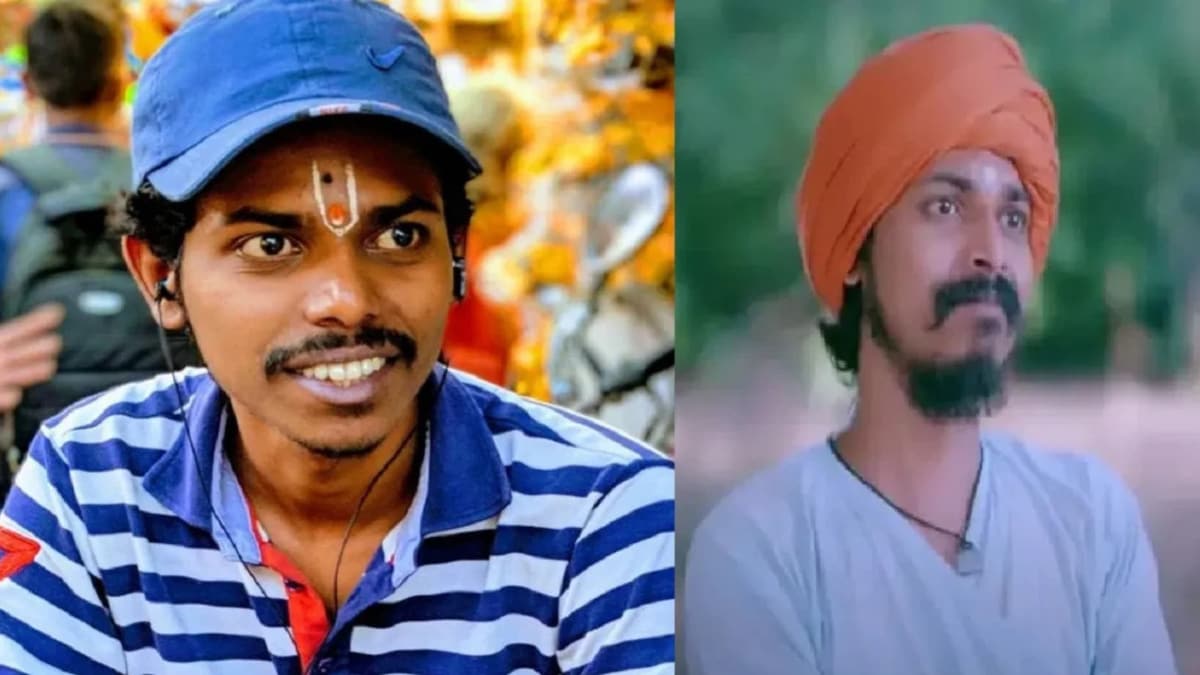

The Marathi entertainment industry is grappling with shock and grief following the death of actor and director Tushar Ghadigaonkar, who passed away by suicide on June 21, 2025. He was 34 years old. Preliminary investigations suggest that stress stemming from a lack of consistent work opportunities may have driven him to take this extreme step.
Ghadigaonkar was found dead in his rental apartment in Goregaon West, Mumbai. Police have registered a case of accidental death and are investigating the circumstances surrounding his passing. According to officials, a message was received reporting an unconscious person and upon arrival, they transported Ghadigaonkar to Trauma Care Hospital, where he was pronounced dead. Authorities have stated that he had been struggling with alcohol addiction and stress for the past year. Relatives have recorded statements and have not raised any suspicions or complaints.
Ghadigaonkar was a versatile talent who made his mark in Marathi films, television serials, and theatre. He was known for roles in shows like "Sur Rahu De," "He-Man Barware," "Hanumanji," and "Tumchi Mulgi Kay Karte." He also had a minor role in the Sanjay Leela Bhansali film "Malaal" (2019) and played "Pakya" in the 2022 Marathi film "Mann Kasturi Re." His talents extended beyond acting, as he directed several Marathi music videos under his Ghanta Naad Production banner, including devotional and folk songs. He also directed the Marathi television show "Tuzi Mazi Yari".
News of Ghadigaonkar's death has sent shockwaves through the Marathi entertainment industry, with tributes pouring in from fellow artists, friends, and fans. Actor Ankur Vitthalrao Wadhave, known for his role in "Chala Hawa Yeu Dya," expressed his grief in a heartfelt social media post, questioning why his friend took such a drastic step. Other actors, including Mugdha Godbole, Sameer Patil, and Abhishek Deshmukh, have also shared their condolences.
Ghadigaonkar's death has sparked conversations about the mental health challenges faced by those in the entertainment industry. Sources close to him indicated that he had been dealing with emotional strain due to professional instability and a lack of steady work. The unpredictable nature of the industry, coupled with the pressure to maintain a public image, can take a toll on artists' mental well-being.
This tragedy serves as a reminder of the importance of mental health awareness and the need for robust support systems within the entertainment world. Many artists navigate uncertain career paths without adequate support, making them vulnerable to emotional distress. The industry is urged to strengthen resources and promote open dialogue about mental wellness to prevent similar incidents in the future.
Several Marathi film and television personalities have previously spoken about their battles with depression and the importance of mental health. Actresses like Mithila Palkar and Shriya Pilgaonkar have emphasized the need for kindness, empathy, and open communication. They have encouraged people to be better listeners and to check in with loved ones, moving beyond superficial pleasantries to understand how someone is truly doing.
Tushar Ghadigaonkar's legacy lives on through his work, but his untimely death leaves a void in the Marathi entertainment industry. His passing underscores the importance of addressing mental health issues and fostering a supportive environment for artists who may be struggling with the pressures of their profession.